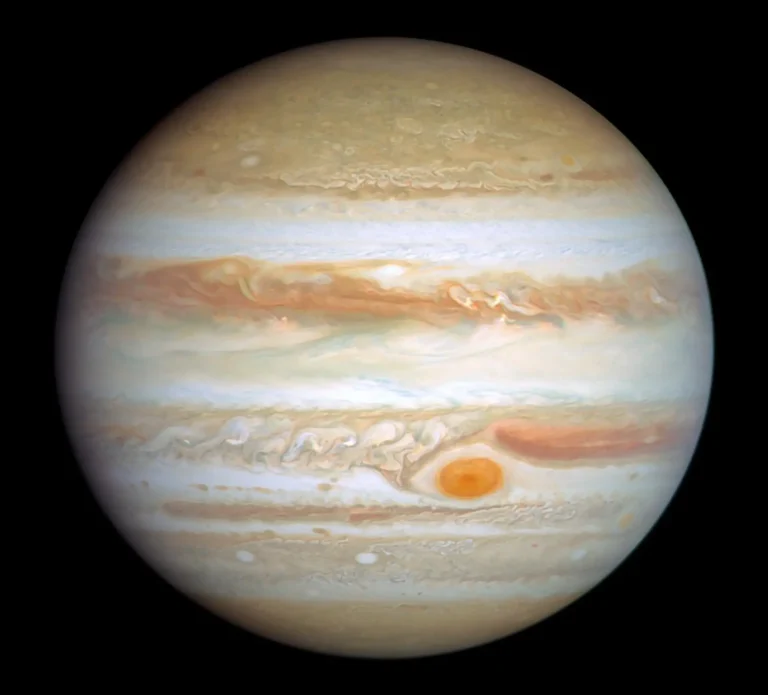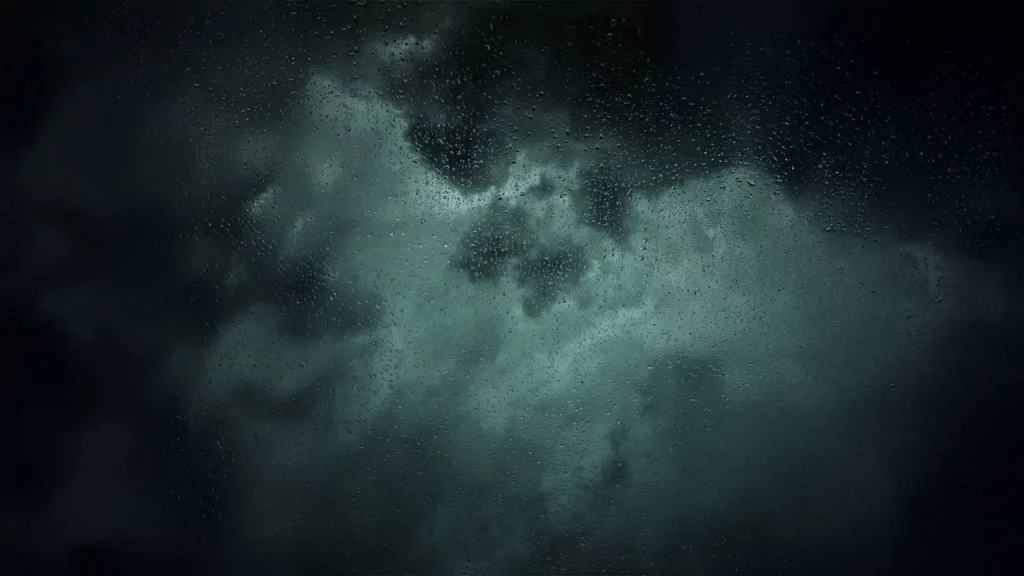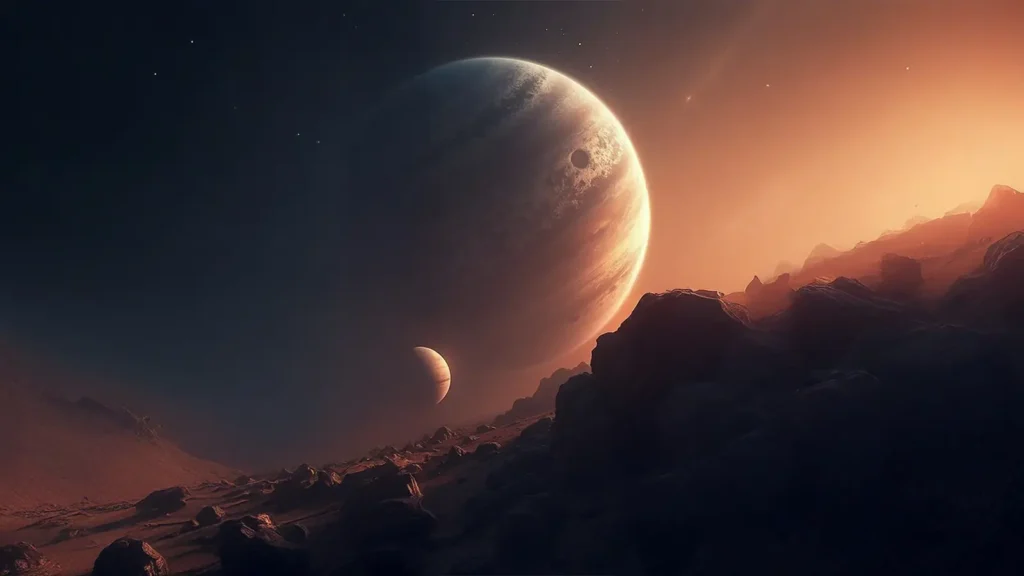How Long Jupiter Takes to Orbit the Sun
Jupiter, the biggest planet in our solar system, doesn’t move around the Sun as quickly as Earth does. In fact, it takes much longer to complete just one full trip around the Sun. While we finish our orbit every 365 days (1 year), Jupiter takes years to do the same.
But how many years exactly does it take? And why is Jupiter’s year so much longer than ours?
To answer that, we need to understand two things — how far Jupiter is from the Sun and how big its orbit really is. Don’t worry, we’ll explain everything in the clearest and simplest way so anyone can understand — no science degree needed!

Jupiter's Orbit Time: Quick Answer
Jupiter takes about 11.86 Earth years to make one complete orbit around the Sun.
That means:
- 1 year on Jupiter = 11.86 years on Earth
- If you were born on Jupiter, you’d celebrate a birthday only once every 12 Earth years!
Why Does Jupiter Take So Long to Orbit?
Jupiter takes a long time to orbit the Sun because of two main reasons:
- It’s farther away from the Sun than Earth.
- It travels along a much larger path in space.
Let’s understand both in detail:
Jupiter is Farther from the Sun
Jupiter is the fifth planet from the Sun, sitting far beyond Earth in the solar system. While Earth is about 93 million miles (150 million kilometers) from the Sun, Jupiter is about 484 million miles (778 million kilometers) away.
Because of this massive distance:
- The Sun’s gravity pulls on Jupiter less strongly than it does on Earth
- This weaker pull causes Jupiter to move more slowly through space.
Imagine holding a ball on a string — the farther the ball is from your hand, the slower it spins in a circle. That’s exactly what happens with Jupiter and the Sun.
Jupiter’s Orbit is Much Larger
Not only is Jupiter farther away, but the path it travels around the Sun — called its orbit — is also much longer than Earth’s.
To compare:
- Earth completes its orbit in 365 days (1 Earth year).
- Jupiter’s orbit is so huge, it takes 4,332 Earth days — that’s 11.86 years.
You can think of it like this:
If Earth’s orbit is a small racetrack, Jupiter is running on a giant stadium-sized loop. Naturally, it takes way more time to go around even once.
It’s Not About Speed Alone! Even though Jupiter is massive, it spins very fast on its own axis — a day on Jupiter is just about 10 hours long. But spinning fast doesn’t help it orbit faster because orbiting the Sun is about distance and gravity, not spin.
Does Jupiter’s Orbit Change?
Yes, Jupiter’s orbit does change, but only very slightly — and very slowly over time.
Like all the planets in our solar system, Jupiter doesn’t move in a perfect, unchanging circle around the Sun. Instead, its orbit is a bit elliptical (oval-shaped), and it’s influenced by other forces in space. But don’t worry — these changes are tiny and happen over thousands or even millions of years, so Jupiter’s path stays mostly stable.
FAQs About Rain on Jupiter
How long is a day on Jupiter?
A day on Jupiter is just about 10 hours — the shortest of any planet! Even though it takes nearly 12 years to orbit the Sun, it spins very fast on its axis.
Is Jupiter’s orbit faster or slower than Earth’s?
Slower. Earth takes 365 days to go around the Sun, while Jupiter takes 4,332 days (about 11.86 years).
Can we see Jupiter from Earth while it orbits?
Yes! Jupiter is very bright in the night sky. You can often see it with the naked eye, especially when it’s at opposition (when it’s closest to Earth).
Does Jupiter ever stop orbiting the Sun?
No. As long as the Sun exists and keeps pulling planets with its gravity, Jupiter will keep orbiting it. It’s part of a stable dance in our solar system.
Will Jupiter’s orbit ever affect Earth?
No, Jupiter orbits too far away to directly affect Earth’s orbit. However, its massive gravity does help protect Earth by pulling in or deflecting asteroids and comets.


